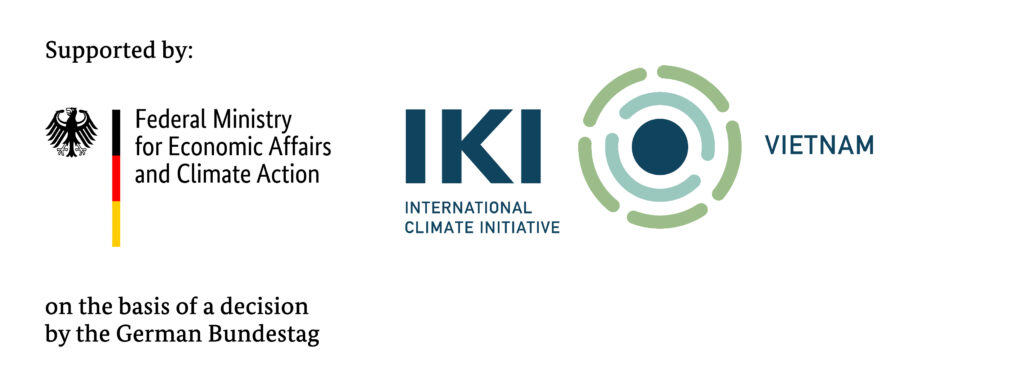In 2019, the Vietnamese National Assembly decided to amend the Vietnamese Law on Environmental Protection (LEP), including the chapter on air quality management. This cross-cutting issue is of great relevance, as emission reductions not only improve air quality, but also have positive effects on the areas of the environment, climate and health. Since 2019, the Independent Institute for Environmental Issues (UfU) and the Ecologic Institute under the coordination of GIZ have been advising on the legislative process to amend the LEP, especially regarding the chapters on Strategic Environmental Assessments and air quality management. By the end of 2020, the institutes had commented on the draft of the LEP amendment, made recommendations for further improvements and supported the preparation of the subsequent LEP implementation.
While the amendment is considered to be a milestone at the national level, the implementation of the national requirements often poses huge challenges to the provinces. In the area of air quality management, the new LEP requires all provinces to develop air quality management plans from 2022 onwards. To support this process, the Vietnamese Ministry of Natural Resources and Environment has compiled a guide on air quality planning for the provinces. However, this guide contains a general approach towards the topic and does not provide guidance on particular measures that provinces might include in their air quality plans. Towards this end, UfU and Ecologic have created a toolbox with specific recommendations for measures for regional air quality management. The whole package consists of an AQMA table, AQMA manual, and a tool kit for immediate measures.
The AQMA table lists possible measures in the areas of agriculture, construction, industry, energy and electricity, transport, domestic activities, waste management and health emergencies that provincial authorities can include and implement in their management plans. In a first step, the accompanying manual for the AQMA table explains how to use the table and the information it contains. In a second step, it outlines the process for selecting suitable measures for the provincial management plans.
Finally, the third document serves as a toolkit for immediate action that can be taken within the current national legal framework and without the need for new regulations or further research. Since the new LEP and thus also the air quality management plans of the provinces will not come into force until 2022, immediate measures before and during the development phase of the plans are of the utmost importance in order to achieve an improvement in air quality and more climate protection in a timely manner.
Here you can find the documents of the toolbox
